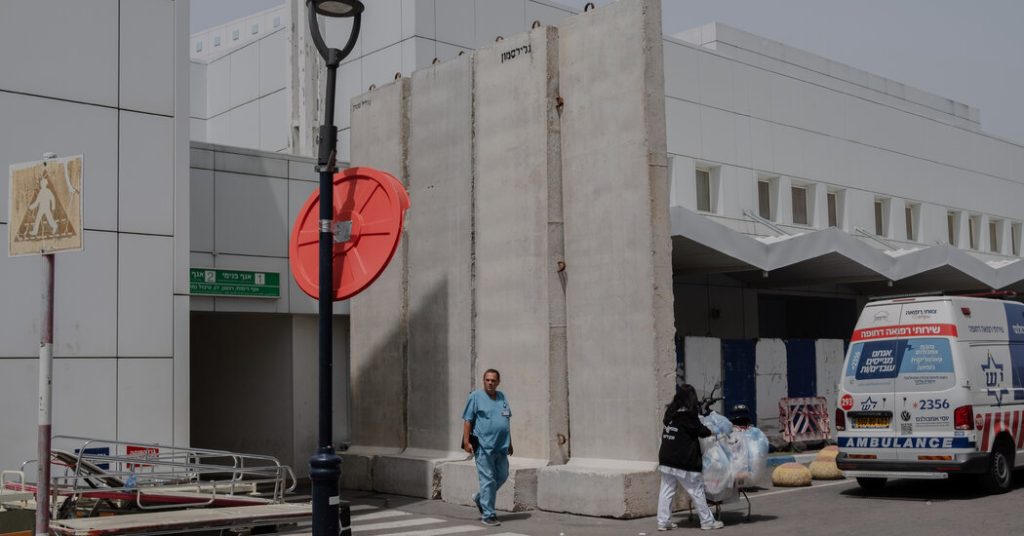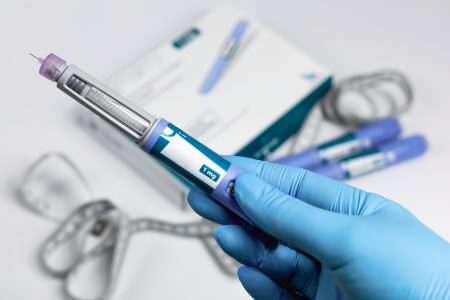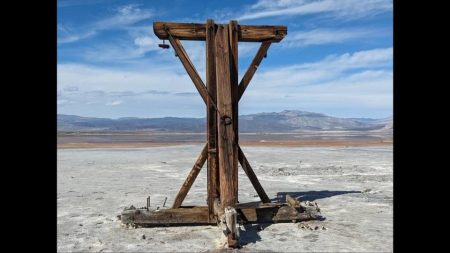The Galilee Medical Center in northern Israel has been transformed into a quiet, mostly empty facility due to the ongoing conflict between Israeli forces and Hezbollah, the Iranian-backed militia in Lebanon. Strikes have intensified in the region, leading to the evacuation of tens of thousands of Israelis and Lebanese residents from towns and villages near the border. The hospital’s staff and patients have moved underground to protect themselves from the violence, navigating past concrete barricades and blast doors to reach the subterranean complex.
The decision to relocate the hospital’s operations underground was made in response to the escalating conflict and the fear of a potential attack by Hezbollah following an assault by Hamas in October. Hospital executives reduced the capacity of the 775-bed facility to 30% to prepare for an influx of trauma patients. The hospital director, Dr. Masad Barhoum, emphasized the importance of protecting the people in the region and stated that this preparation had been a lifelong commitment for him.
In the underground complex, the hospital’s internal medicine ward sits empty, with only the sounds of hospital machinery and the occasional noise of golf carts carrying supplies breaking the silence. Patients are housed in cramped conditions, separated by mobile curtain racks in narrow halls. Visitors sit in a makeshift waiting room, unable to visit patients due to overcrowding. The neonatal intensive care unit, which moved underground first in 2006 during a previous conflict with Hezbollah, is also bustling with activity as new parents care for their babies in a dimly lit room.
Despite the challenges of living and working underground, the hospital staff remains committed to providing care for their patients. Dr. Vered Fleisher Sheffer, the director of the neonatal unit, acknowledges the difficulties of being confined underground but emphasizes the importance of ensuring safety for all individuals in the hospital. The recent strike on a nearby Bedouin village resulted in injuries to soldiers and civilians who were brought to the hospital for treatment, highlighting the constant threat faced by the hospital and its staff.
The hospital’s proximity to the border has made it a target for attacks in the past, and the current conflict with Hezbollah has reignited fears of violence in the area. The resilience of the staff and their dedication to providing care to those in need despite the challenging conditions underground is evident in their daily work. The need to protect patients and staff from the ongoing conflict has become a priority for the hospital, which continues to operate despite the difficult circumstances. As the conflict persists, the Galilee Medical Center remains a beacon of hope and resilience in the face of adversity.















